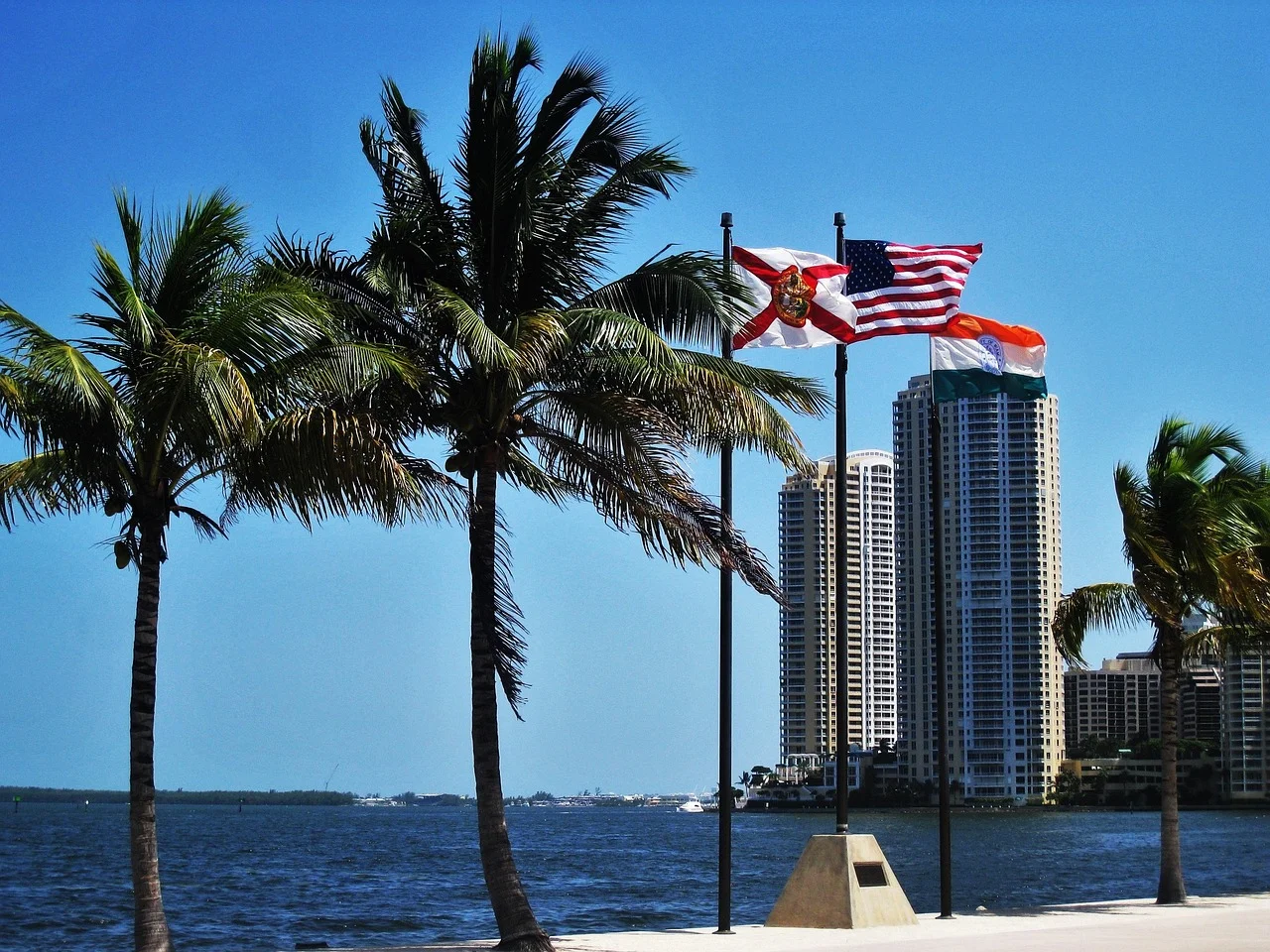Fort Myers Faces Urgent Evacuation: Residents Prepare for Impending Storm
Are you wondering whether Fort Myers will face evacuation orders this hurricane season? Are you prepared to keep your family safe in the event of a storm? In this article, we’ll delve into the necessity of evacuations in Fort Myers, what you can do to prepare, and how to stay informed throughout the hurricane season. With hurricanes threatening Florida’s coastal cities almost annually, understanding evacuation procedures can be vital for ensuring safety.
The Need for Evacuations in Fort Myers: A Key Understanding
Fort Myers, located along Florida’s Gulf Coast, is no stranger to severe weather. Hurricanes pose significant risks, making it crucial to know when to evacuate. But how do authorities decide when an evacuation becomes necessary?
Evacuations are typically based on several factors:
- Storm Category: The Saffir-Simpson Hurricane Wind Scale classifies hurricanes from Category 1 (minimal damage) to Category 5 (catastrophic damage). Higher categories generally lead to mandatory evacuations.
- Projected Path: Meteorologists track the storm’s path and intensity. If a hurricane is forecasted to make landfall near Fort Myers, especially as a strong storm, evacuations may be ordered.
- Flood Risk: Areas prone to flooding often face mandatory evacuations, even if the storm isn’t a major hurricane.
- Local Infrastructure: The ability of local emergency services to respond can necessitate evacuations for certain neighborhoods.
Understanding these factors can help you assess whether evacuation is necessary during any given storm.
Preparing for an Evacuation: Essential Steps
If officials announce an evacuation, having a plan can make all the difference. Here are some essential steps you can take to prepare:
Create an Emergency Kit
Start by assembling an emergency kit that includes:
- Enough non-perishable food and water for at least three days
- Flashlights and extra batteries
- First aid supplies
- Prescription medications
- Important documents (IDs, insurance papers, etc.) in a waterproof bag
Develop a Family Evacuation Plan
Discuss and create a plan with your family. Make sure everyone knows:
- Your evacuation destination (whether it’s a friend’s house, a hotel, or a designated shelter)
- The quickest route to get there
- How to stay in touch during the storm
Stay Informed
Keep an eye on reliable news sources and weather reports. Local agencies like the National Hurricane Center (NHC) provide up-to-date information. Follow local government pages on social media platforms for real-time updates.
Understanding Fort Myers Evacuation Zones
Fort Myers and surrounding areas are divided into evacuation zones. Knowing your zone can help you understand when and if you need to leave:
- Zone A: Typically includes low-lying areas that are most susceptible to flooding and storm surge.
- Zone B: Slightly elevated areas that may still face significant threats from severe storms.
- Zone C: Generally comprised of areas at less risk but still advised to prepare for potential evacuations based on storm severity.
It’s crucial to know your evacuation zone and the accompanying risks.
The Impact of Hurricane Season on Fort Myers Residents
Living in Fort Myers means contending with the reality of hurricanes each year from June 1 to November 30. The psychological toll of preparing for and reacting to storms can be stressful, even if many hurricanes don’t make direct hits.
Residents often experience:
- Anxiety over preparedness and safety
- Financial costs associated with evacuations
- Disruption of daily life if emergency services are mobilized
By understanding the risks and preparing accordingly, you can mitigate some of this stress.
Evacuation Resources for Fort Myers Residents
Several resources can assist Fort Myers residents with evacuation logistics and safety:
-
Lee County Emergency Management: Offers guidelines for preparation, including checklists and real-time updates.
-
Florida Division of Emergency Management: Provides extensive resources on evacuation routes and emergency assistance programs.
- Local Shelters: If you are unable to evacuate to friends or family, knowing the nearest shelters can be lifesaving.
Conclusion
Understanding if and when Fort Myers will issue evacuation orders is crucial for ensuring your safety during hurricane season. By staying informed, preparing your emergency kit, and having a family evacuation plan, you can confidently navigate any storm that comes your way.
We encourage you to share any experiences or tips for preparing for hurricanes in the comment section below. Your insights could be invaluable to your neighbors!
FAQ Section
1. What should I do if I cannot evacuate during a hurricane?
If you cannot evacuate, find a safe interior room away from windows. Fill the tub with water, stock up on essentials, and stay tuned to local news for updates.
2. How can I find out about local evacuation orders?
The best resources include local news stations, the Fort Myers city website, and the Lee County Emergency Management social media pages.
3. What are the potential risks of staying during a hurricane?
Staying can put you at risk for severe weather conditions, flooding, and hinder emergency response access.
4. Where can I find shelter if I evacuate from Fort Myers?
Local government websites and the Florida Division of Emergency Management can provide lists of designated shelters in your area.
5. How often do hurricanes impact Fort Myers?
Hurricanes can affect Fort Myers several times each season, but not every storm will result in direct hits or require evacuations.
Trusted Sources
https://www.floridadisaster.org
https://www.nhc.noaa.gov
https://www.leegov.com/emergency/evacuations
https://www.ready.gov/hurricanes
https://www.weather.gov/safety/hurricane
By following this guide and utilizing these resources, you can equip yourself for the challenges of hurricane season in Fort Myers, ensuring that you and your loved ones are prepared to face potential evacuations. Let’s stay safe together!







